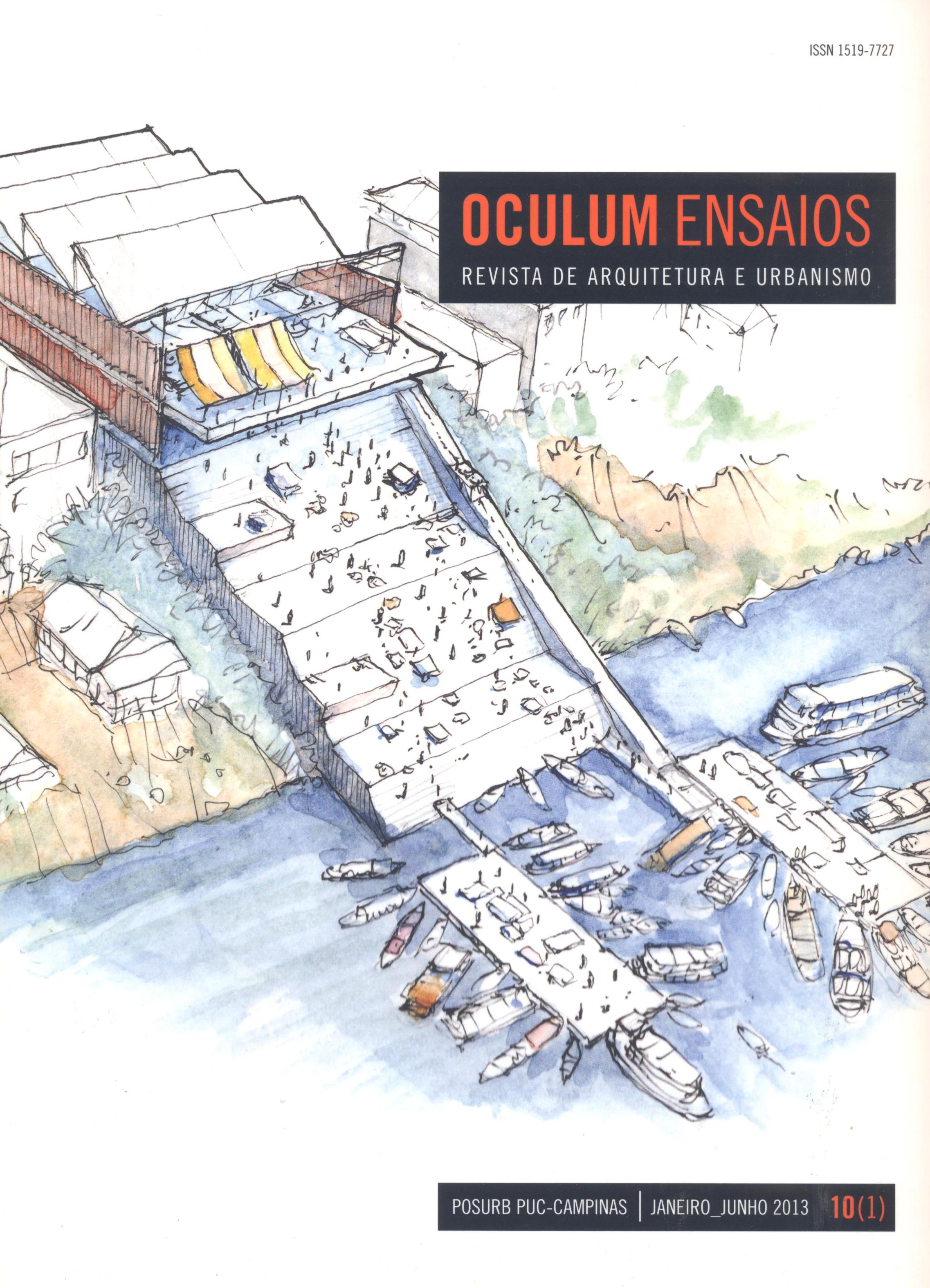Internet and Social Participation in Urban Policies
DOI:
https://doi.org/10.24220/2318-0919v10n1a1934Keywords:
Internet, Social participation, Urban policies, NetworksAbstract
The evolution of global economy and scientific and technological innovations that occurred in the 1980s, more significantly in the 1990s, have contributed to the emergence of new cultural, political and economic paradigms. The advancement and dissemination of Information and Communication Technologies in the contemporary world design a society increasingly based on fluidity. This transformation in the space-time relationships change the forms of production of space and accordingly, the city can be determined and influenced by the fact that the individual is connected to a network, outlining new forms of collective action and pressure on social practices. This article deals with new forms of public participation that arise within Information and Communication Technologies. It seeks to understand the possibilities and democratic forms of interaction between government and society in the networked world based on the assumption that participation in the network provides new meanings in the dialogue between the citizens and state.
Downloads
References
ANDRADE, L.; LEITÃO, G. Transformações na paisagem urbana: favelização de conjuntos habitacionais. In: SILVA, R.C.M. (Org.). A cidade pelo avesso: desafios do urbanismo contemporâneo. Rio de Janeiro: Viana & Mosley, 2006. p.113-132.
ASCHER, F. Os novos princípios do urbanismo. São Paulo: Romano Guerra, 2010.
BAUMAN, Z. Em busca da política. Rio de Janeiro: Jorge Zahar, 2000.
BAUMAN, Z. Modernidade líquida. Rio de Janeiro: Jorge. Zahar, 2001.
CARLOS, A.F.A. A cidade. 6.ed. São Paulo: Contexto, 2001.
CARDOSO, A.L.; ABIKO, A.K. Procedimentos de gestão habitacional para população de baixa renda. Porto Alegre: ANTAC, 2006.
CASTELLS, M. A sociedade em rede. 6.ed. São Paulo: Paz e Terra, 1999.
CASTELLS, M. O poder da identidade. 2.ed. São Paulo: Paz e Terra, 2000.
CASTELLS, M. Fim de milênio. 3.ed. São Paulo: Paz e Terra, 2002.
CORRÊA, R.L. O espaço urbano. São Paulo: Ática, 1989.
EGLER, T.T.C. Espaço social e política urbana global. In: POGGIESE, H.; EGLER, T.T.C. (Org.). Otro desarrollo urbano: ciudad incluyente, justicia social y gestión democrática. Buenos Aires: Clacso, 2008. p.63-75.
FIRMINO, R.J. Cidade ampliada: desenvolvimento urbano e tecnologias da informação e comunicação. São Paulo: Hedra, 2011.
GIDDENS, A. As consequências da modernidade. São Paulo: Unesp, 1991.
GRANDI, M.S. Práticas espaciais insurgentes e processos de comunicação: espacialidade cotidiana, política de escalas e agir comunicativo no movimento dos sem-teto do Rio de Janeiro. 2010. Dissertação (Mestrado) — Programa de Pós-Graduação em Geografia, Universidade Federal do Rio de Janeiro, Rio de Janeiro, 2010.
GOHN, M.G. O protagonismo da sociedade civil: movimentos sociais, ONGs e redes solidárias. São Paulo: Cortez, 2005.
GUZZI, D. Web e participação: a democracia no século XXI. São Paulo: Senac, 2010.
HARVEY, D. Condição pós-moderna. 10.ed. São Paulo: Loyola, 2001.
JOSGRILBERG, F.B. A opção radical pela comunicação na cidade. In: SILVEIRA, S.A. (Org.). Cidadania e redes digitais. São Paulo: Comitê Gestor da Internet no Brasil, 2010.
ROLNIK, R. (Coord.). Estatuto da cidade: guia para implementação pelos municípios e cidadãos. 2.ed. Brasília: Câmara dos Deputados, 2002.
SCHERER-WARREN, I. Cidadania sem fronteiras: ações coletivas na era da globalização. Rio de Janeiro: Hucitec, 1999.













